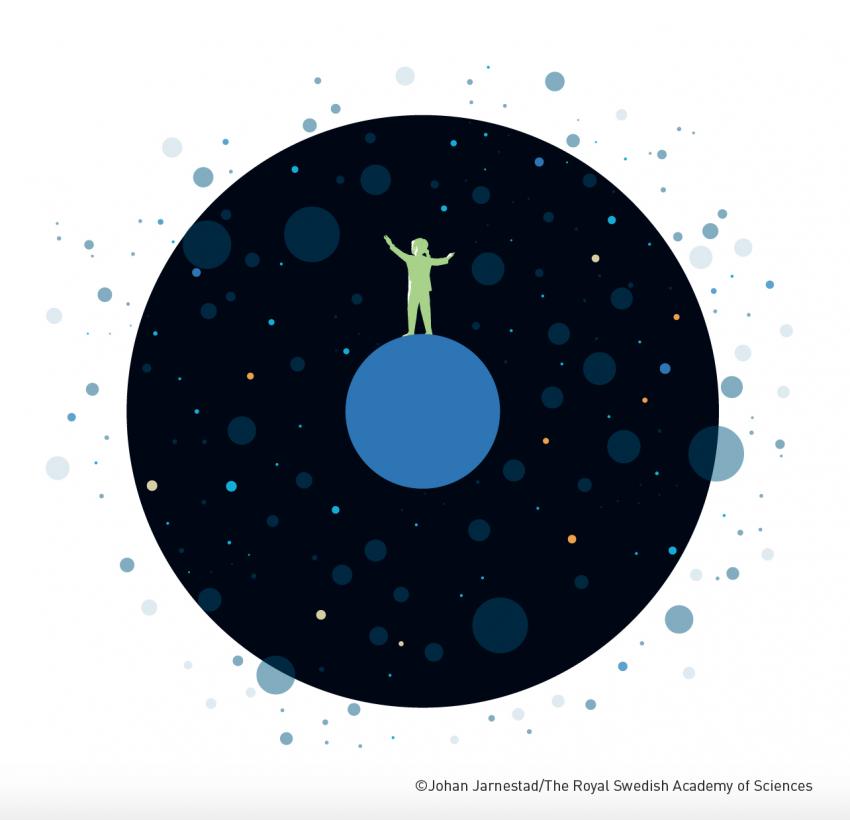The 2019 Nobel Prize in Physics recognises discoveries in cosmology and of the first planet in orbit around a Sun-like star.
James Peebles, Albert Einstein Professor Emeritus at Princeton University receives half of the prize, "for contributions to our understanding of the evolution of the universe and Earth's place in the cosmos". The other half is shared jointly by Michel Mayor, Emeritus Professor at the University of Geneva, and Professor Didier Queloz, also of the University of Geneva, and the Cavendish Laboratory, University of Cambridge, UK, "for the discovery of an exoplanet orbiting a solar-type star."
Peebles won the Gold Medal of the Royal Astronomical Society in 1998, and Mayor in 2015.
RAS President Professor Mike Cruise said: “Astronomers dedicate their working lives to answering fundamental questions in science. The Nobel Prize this year recognises three such scientists working on the origin and evolution of the Universe, and the presence of planets in orbit around other stars. My congratulations to all of them!”
Notes for editors
The Royal Astronomical Society (RAS), founded in 1820, encourages and promotes the study of astronomy, solar-system science, geophysics and closely related branches of science. The RAS organises scientific meetings, publishes international research and review journals, recognises outstanding achievements by the award of medals and prizes, maintains an extensive library, supports education through grants and outreach activities and represents UK astronomy nationally and internationally. Its more than 4,400 members (Fellows), a third based overseas, include scientific researchers in universities, observatories and laboratories as well as historians of astronomy and others.


